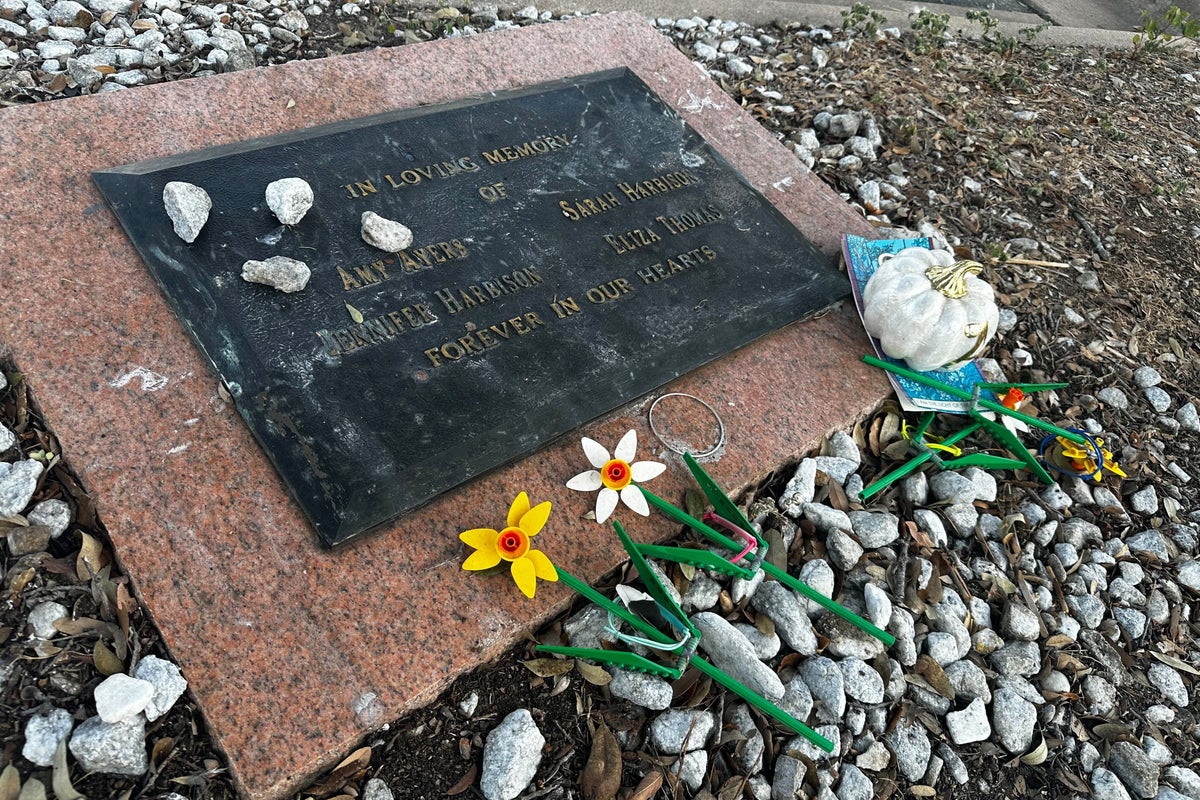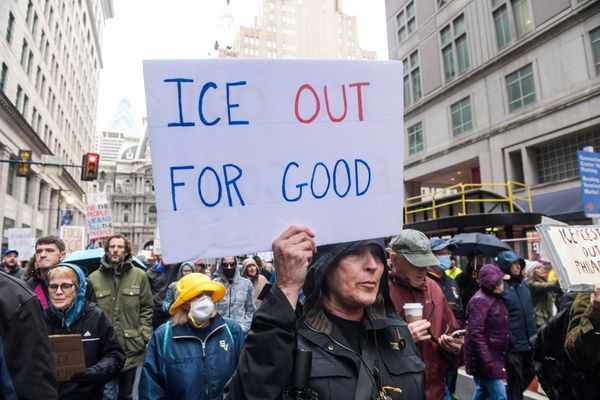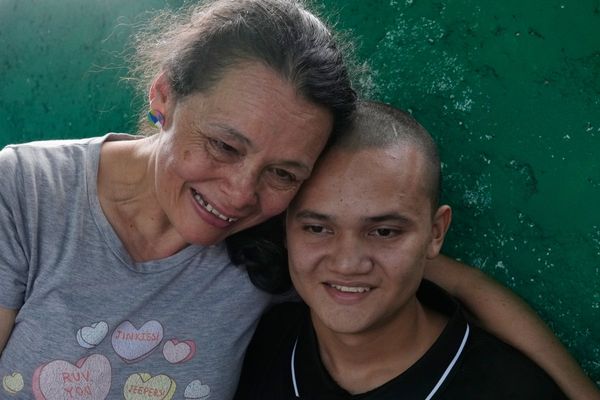
Austin police on Monday outlined how a new, rapidly unfolding DNA and ballistics evidence trail led them to declare a dead man as the likely perpetrator in the killing of four teenage girls at an Austin yogurt shop in 1991, a horrific crime that haunted the city for decades.
And officials noted there was no known connection between the new suspect and the two men previously convicted in the killings, one of whom was briefly sent to death row.
“At one point I had given up on God, but he never gave up on me," Shawn Ayers, brother of one of the victims, Amy Ayers, said at a news conference.
Austin police now say all evidence leads to Robert Eugene Brashers, who died by suicide in 1999 during a standoff with law enforcement. In recent years, Brashers has been linked to several killings and rapes in other states.
The announcement that Brashers was the suspect came amid renewed attention on the case with the release last month of “The Yogurt Shop Murders,” an HBO documentary series.
Sonora Thomas, sister of Eliza Thomas, said she thought she would die not knowing what happened and had to be OK with it.
“I now know what happened, and that does ease my suffering," she said.
The crime shocked the city
The killings stunned Texas’ capital city and became known as one of the area’s most notorious crimes.
Amy Ayers, 13; Eliza Thomas, 17; and sisters Jennifer and Sarah Harbison, ages 17 and 15, were bound, gagged and shot in the head at the “I Can’t Believe It’s Yogurt” store where two of them worked. The building was then set on fire.
Investigators have said that around closing time, someone entered the store through the back door, attacked the girls and set the fire. The bodies were found when firefighters were still battling the blaze.
“Austin lost its innocence the night those young souls became victims,” Austin Mayor Kirk Watson said.
DNA under Amy Ayers' fingernails provided key evidence, Austin police cold case detective Daniel Jackson said. “Amy’s final moments on this Earth were to solve this case for us," Jackson said. “It's because of her fighting back.”
Austin police investigators and prosecutors had stumbled over the case for years as they waded through thousands of leads, several false confessions and badly damaged evidence from the burned-out crime scene.
In 1999, authorities arrested four men on murder charges. Two of them, Robert Springsteen and Michael Scott, were teenagers at the time of the murders. They initially confessed and implicated each other. But both men quickly recanted and said their statements were made under pressure by police.
Both were tried and convicted. Springsteen was initially sent to death row, but his sentence was then reduced to life in prison. Their convictions were overturned and they were set for retrial a decade later.
A judge ordered both men freed in 2009 when prosecutors said new DNA tests that weren’t available in 1991 had revealed another male suspect. Brashers had no known connection to the men, authorities said.
Barbara Wilson, mother of Jennifer and Sarah Harbison, said all the family ever wanted was the truth.
“We never wanted anyone to go to jail or be charged with anything that they didn’t do,” Wilson said. “Vengeance was never it. It was always the truth.”
Prosecutor says evidence points to 1 killer
Travis County District Attorney Jose Garza said his office continues to renew the evidence but that the “overwhelming weight of the evidence points to the guilt of one man and to the innocence of four.”
"If the conclusions of APD’s investigation are confirmed, as it appears that they will be, I will say: I am sorry, though I know that that will never be enough," Garza said.
He said his office will do what it can to ensure the convicted men move forward with their lives.
In 2018, Missouri authorities said DNA evidence linked Brashers to the strangulation of a South Carolina woman in 1990 and the shooting of a mother and daughter in Missouri in 1998. The evidence also connected him to the 1997 rape of a 14-year-old girl in Tennessee.
Brashers died in 1999 when he shot himself during an hourslong standoff with police at a motel in Kennett, Missouri.
Police noted similarities in many of the crimes — including that the victims were tied up with their own clothing, sexually assaulted and some crime scenes were set on fire. Other cases are being reviewed, authorities said, noting that Brashers was known to carry multiple weapons and act alone.
“At this point there is no evidence he had an accomplice,” in the yogurt shop killings, Jackson said.
Angie Ayers, sister-in-law of Amy Ayers, urged victims of other crimes not to give up.
“Don’t take no when your gut is telling you to push," she said. “Never let them put your case back in a box."







